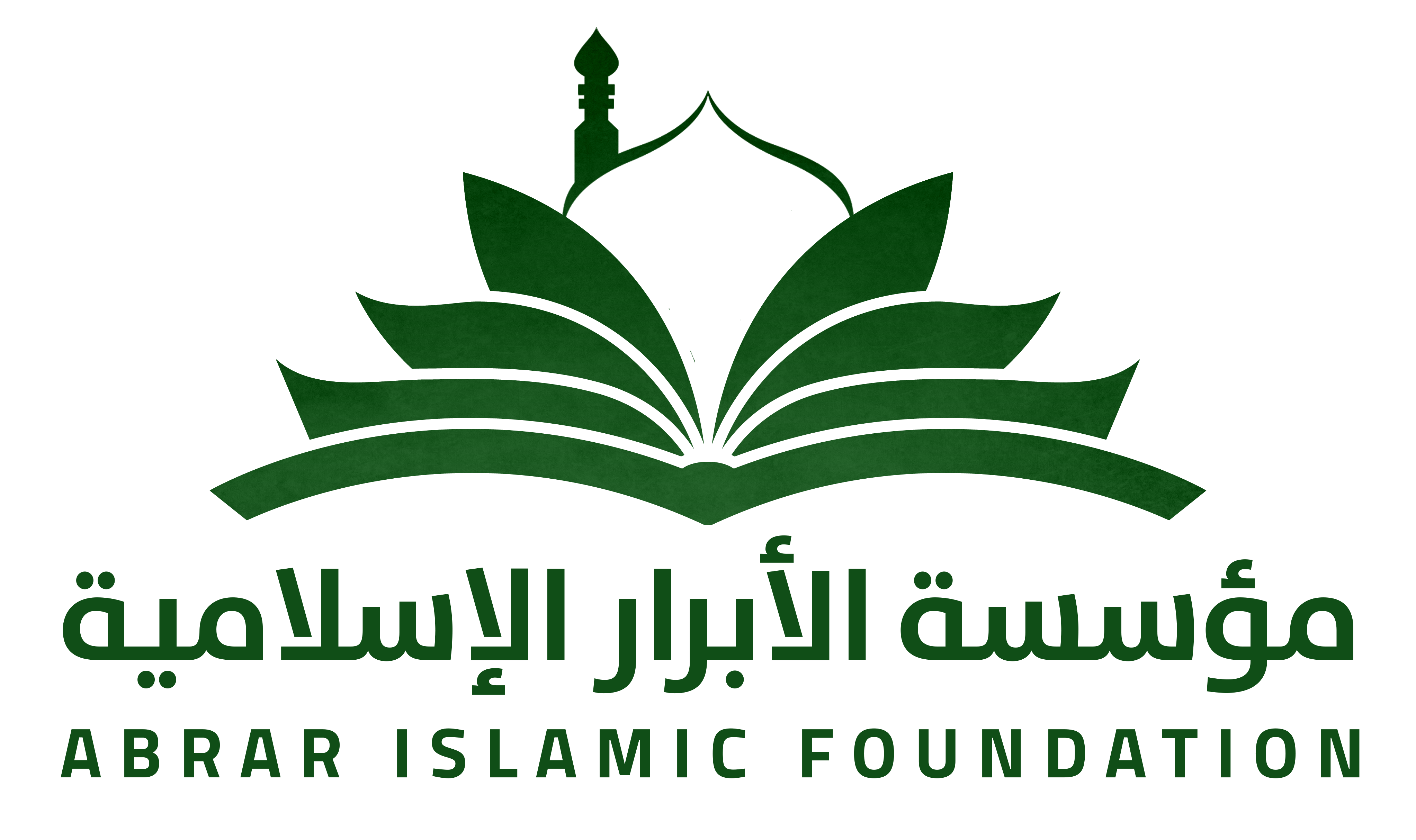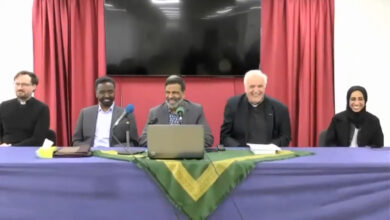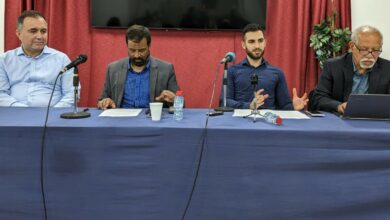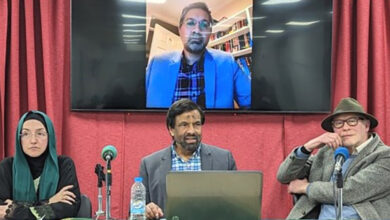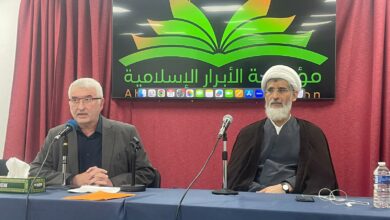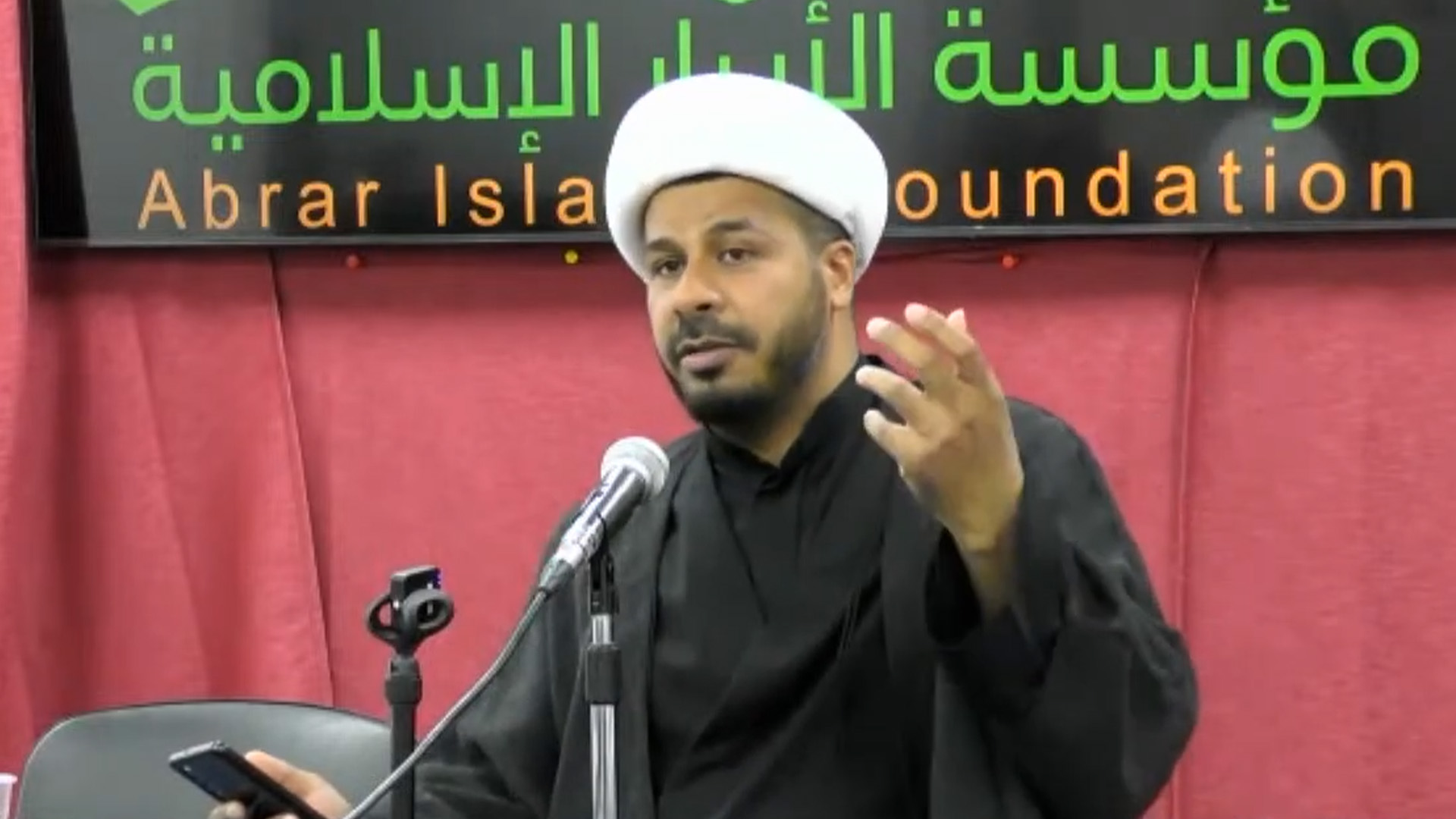
Documenting Prophet Mohammed’s traditions
To mark the demise anniversary of Prophet Mohammed, Abrar’s weekly meeting on Thursday 14th September was dedicated to mourning the prophet and remember his life. Sheikh Ali Al Karbabadi, a Hussaini orator delivered a session on the recording and authentica- tion of Mohammed’s tradition. In the first decades after his departure, the Muslims kept his memory in their chests. He was remembered by the bat- tles he had waged and the women were teaching their children aspects of Mo- hammed’s life through this. The docu- mentation of the tradition began in the second half of the first century after hijra by people like Imam Ma- lik, Al Bukhari, Ibn Maja and Tarmathi. Urwa ibn Al Zubair who died in 90AH started that, then Habib ibn Sa’ad (d. 123 AH) and Ibn Shehab Al Zuhri (124 AH).
Then came the big history books. Ibn Ishaq followed by Ibn Hisham who re-wrote what his teacher had written. Other early historians include Al Waqidi, Ibn Sa’ad, Al Tabari and Ibn Al Athir. Ibn Ishaq ibn Yasar Al Madani was inter- ested in the narrations and was a histo- rian in Medina before moving to Kufa. The Abbassid ruler, Abu Jaffar Al Mansoor asked him write a book about Mohammed. He wrote a long one. The book itself was eventually lost with its accurate and false accounts. Then ibn Hisham came and shortened the origi- nal book. The first chapter was the history of early creation, then the pre- Islamic history followed by the battles of Mohammed. The book was riddled by several problems. The first is that it contained “Israelites” narration, the second was that it was narrating largely about Jews and Christian, and thirdly it contained poems whose authors were unknown. The second book by Ibn Hisham was based on the methodology of Ibh Ishaq’s account. The author re- vised it and deleted many of the news going back to the times of Prophet Abraham and Ismael. The third book is : Al Tabaqat Al Kubra (The Great Classes) by Ibn Sa’ad who died in 230AH. The fourth is: the lineanges of the notables, by Al Balatheri (d. 279 AH). The fifth is Al Kamil by Ibn Al Athir (d. 430 AH) who talked about the prophets, the ascendance of Jesus to the sky followed by the Roman rulers. He then presented the names of several modern books on the prophetic tradi- tions.
The speaker talked briefly about three other developments in the documenta- tion of the prophet’s traditions. The first is the use of reason in this process which led to complications as it al- lowed personal elements. The second is relying heavily on the pre-10th cen- tury AD sources, the third is the use of the Hadith as a marker for the prophet’s seerah (tradition). This is not considered an enhancement in the compilation of the prophetic tradition.
